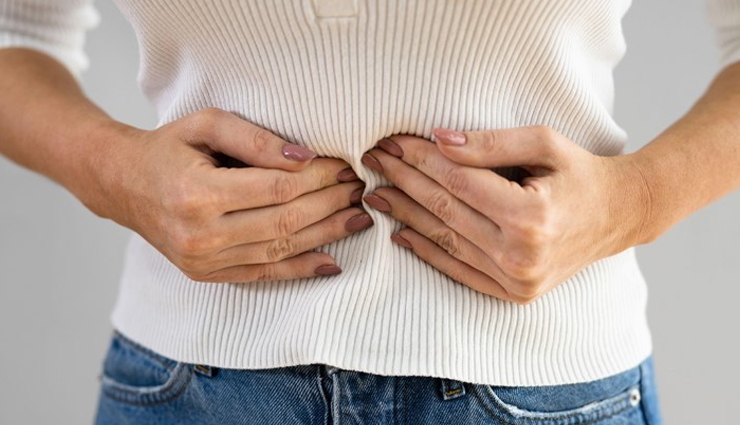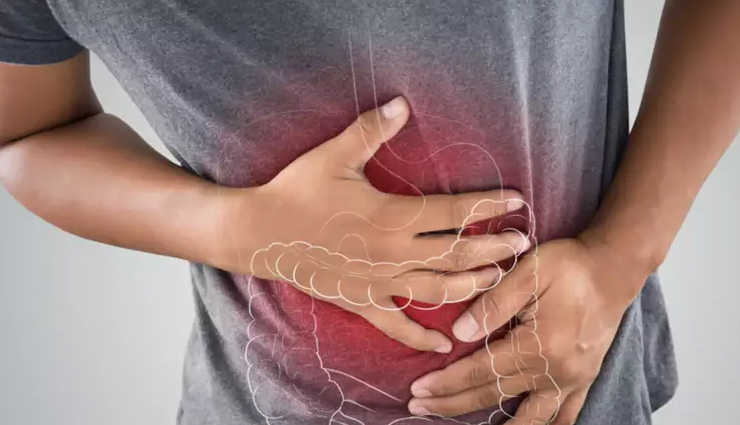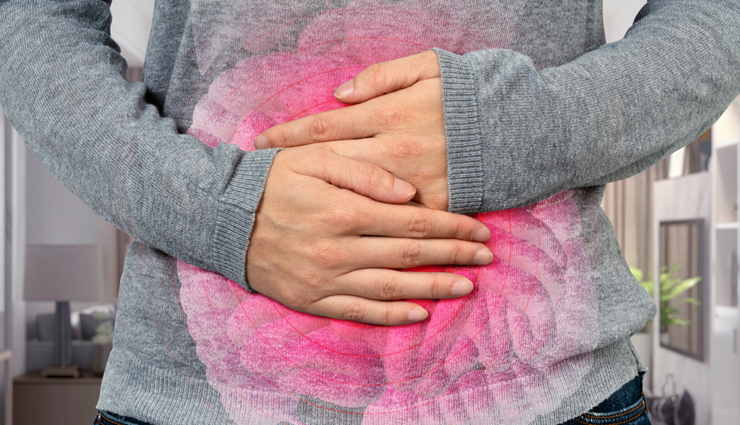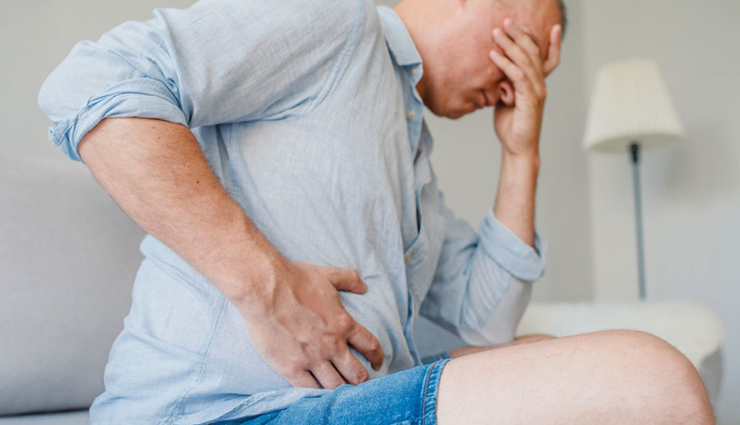- Home›
- Healthy Living›
- Major Symptoms And Method Of Prevention For Colitis
Major Symptoms And Method Of Prevention For Colitis
By: Priyanka Wed, 24 Aug 2022 12:39:37

Due to diarrhea, constipation, blood coming from stool, etc., stomach pain and cramps begin. This condition is called colitis. It is treated on the basis of what type of colitis is. Colitis can cause both mild and severe symptoms and many complications are encountered due to this. In this case, it is necessary to treat colitis as soon as possible. Due to colitis, the patient's colon starts to swell. We also know the colon by the name of large intestine. Colitis patients start having stomach ache problems for a long time or for a few days. The problem of colitis starts due to various other reasons such as not having blood circulation, virus-bacteria and autoimmune reactions.

Symptoms and signs of Colitis
Abdominal Cramps
Abdominal Pain
Bloating
Blood in Stool
Canker Sores
Chills
Diarrhea
Fatigue
Fever
Joint Swelling
Malaise
Mouth Ulcers
Rectal Ulcers
Skin Sores
Weakness
Weight Loss
The types of colitis and their causes
The types of colitis are categorized by what causes them.
Ulcerative colitis
Ulcerative colitis (UC) is one of two conditions classified as inflammatory bowel disease. The other is Crohn’s disease. UC is a lifelong disease that produces inflammation and bleeding ulcers within the inner lining of your large intestine. It generally begins in the rectum and spreads to the colon. UC is the most commonly diagnosed type of colitis. It occurs when the immune system overreacts to bacteria and other substances in the digestive tract, but experts don’t know why this happens. Common types of UC include:

Pseudomembranous colitis
Pseudomembranous colitis (PC) occurs from overgrowth of the bacterium Clostridium difficile. This kind of bacteria normally lives in the intestine, but it doesn’t cause problems because it’s balanced by the presence of “good” bacteria.
Certain medications, especially antibiotics, may destroy healthy bacteria. This allows Clostridium difficile to take over, releasing toxins that cause inflammation.
Ischemic colitis
Ischemic colitis (IC) occurs when blood flow to the colon is suddenly cut off or restricted. Blood clots can be a reason for sudden blockage. Atherosclerosis, or buildup of fatty deposits, in the blood vessels that supply the colon is usually the reason for recurrent IC.

Microscopic colitis
Microscopic colitis is a medical condition a doctor can only identify by looking at a tissue sample of the colon under a microscope. A doctor will view signs of inflammation, such as lymphocytes, which are a kind of white blood cell.
When should someone contact a doctor about colitis?
# Diarrhea is a common sign of colitis. It is usually self-limited and resolves on its own with supportive care, including rest and a short course of a clear-fluid diet. However, seek medical care if the diarrhea persists for more than two to three weeks, if there is blood in the stool, fever, or the person has signs of dehydration.
# Blood in the stool is never normal and should always be evaluated. Common causes of blood in the stool include hemorrhoids; however, other serious causes of bleeding need to be investigated. Colitis is not the only cause of rectal bleeding. Others causes include diverticular disease of the colon (diverticulitis), colon polyps, anal fissures, and cancer.

# Chronic diarrhea may lead to dehydration and changes in the electrolyte balance in the body. If it is severe enough, the dehydration may require treatment with IV fluids or oral rehydration therapy. The symptoms of dehydration may include lightheadedness (dizziness), especially when changing from a sitting or lying position to standing position (orthostatic hypotension);
# Weakness;
# Dry Mouth;
# Dry Eyes;
# Decreased Output Of Urine.
# High fever associated with diarrhea may be a warning sign that a significant infection may be present.
# Abdominal pain is not normal, and while diarrhea may be associated with mild cramps, the presence of increasing abdominal pain requires the need to seek prompt medical attention.





